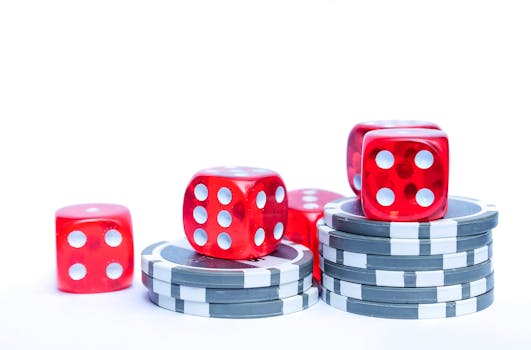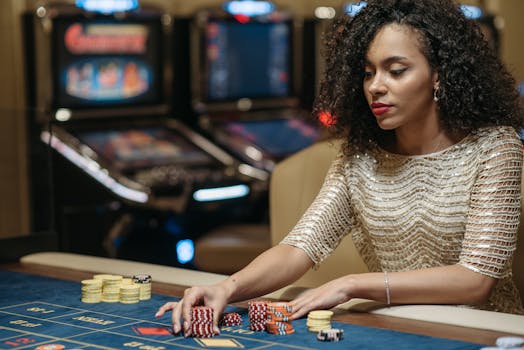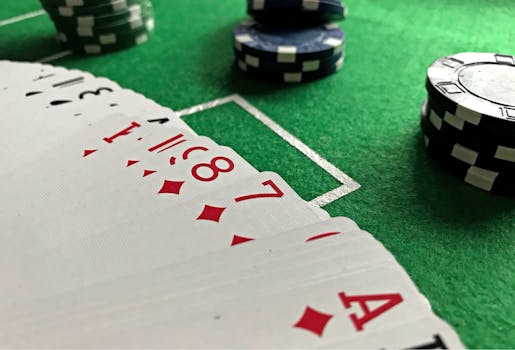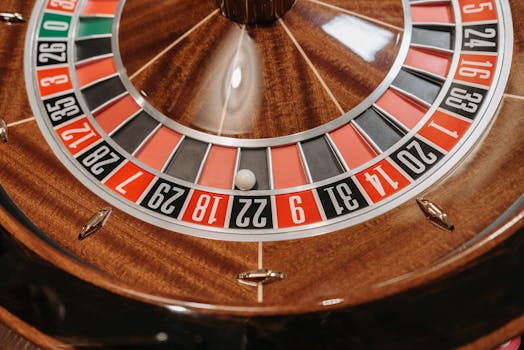Understanding the Role of Chance in Casino Games
In the world of gambling, the role of chance is both pivotal and profound. Whether you're a seasoned player or a newcomer to the casino floor, understanding how luck influences the outcomes of games is crucial for setting realistic expectations and devising effective strategies. This article delves into the nature of chance in casino games, exploring various types and their inherent probabilities, and providing practical insights to help you navigate the casino landscape more effectively.
The Nature of Randomness in Casino Games
Casino games are primarily divided into two categories based on the role of chance: games of pure chance and games of skill where chance also plays a role. In games of pure chance, such as slot machines, roulette, and bingo, outcomes are entirely random and unpredictable. These games are governed by random number generators (RNGs) or physical mechanisms like the roulette wheel, where no amount of skill can influence the result.
In contrast, games like poker and blackjack also involve an element of skill. Players can use strategies to influence the game but ultimately, the outcome also depends on random factors like the shuffle of the cards.
How Casinos Use Probability
Casinos operate on a business model that is intricately linked to the mathematical concept of probability. Each game is designed with a house edge, which represents the average gross profit the casino expects to make from each game. Understanding these odds is crucial for players.
For instance, the house edge in a game of American roulette is higher due to the double zeros on the wheel, giving it a house advantage of about 5.26%. In contrast, blackjack, when played with a basic strategy, has a house edge of only around 0.5%. This means that over time, the casino expects to earn $0.50 for every $100 wagered on blackjack.
The Impact of Chance on Gambling Strategies
While some casino games offer room for strategic play, the element of chance can never be completely eliminated. Strategies like the Martingale system—where a player doubles their bet after a loss in games like roulette or blackjack—can sometimes seem effective. However, they are flawed because they rely on the assumption that a win is "due" after a series of losses, which is not supported by the independent probability of each event.
Advantages and Disadvantages of Relying on Chance
Relying on chance in casino games has its advantages. For one, it simplifies gaming, making it accessible and enjoyable for beginners and those playing for entertainment without the need to learn complex strategies. Additionally, games of pure chance often offer the possibility of large jackpots, which can be a significant draw.
However, the disadvantages are notable. The reliance on luck means that players have no control over the outcomes, which can lead to higher losses. The lack of influence over the outcome can also lead to frustration and the potential for problem gambling behaviors.
Practical Examples in Casino Gaming
Consider a typical evening at a casino playing slot machines, which are entirely dependent on chance. The machine’s RNG ensures each spin is independent, meaning past or future spins don’t influence the outcome. This randomness can be thrilling but also means that it's impossible to predict or influence what will happen next.
In contrast, consider a blackjack game where understanding basic strategy and card counting can genuinely tilt the odds in your favor, albeit slightly. By knowing which cards have been dealt, a player can make more informed decisions about hitting or standing, thereby slightly reducing the house's edge.
Conclusion
Understanding the role of chance in casino games enhances your gaming experience by setting realistic expectations about the outcomes. While games of chance are easy to play and can offer large payouts, they come with higher risks. On the other hand, games that require skill can provide better odds but require time and effort to master.
Whether you prefer the simplicity of slots or the challenge of poker, recognize that gambling should always be approached responsibly, with entertainment as your primary goal. Remember, the house always has the edge, and no strategy can guarantee success. Enjoy the thrill of the game, but always play wisely and within your means.
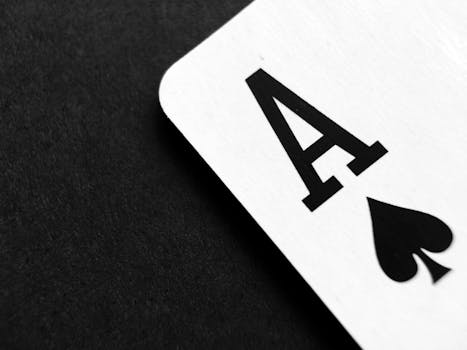
.png)
